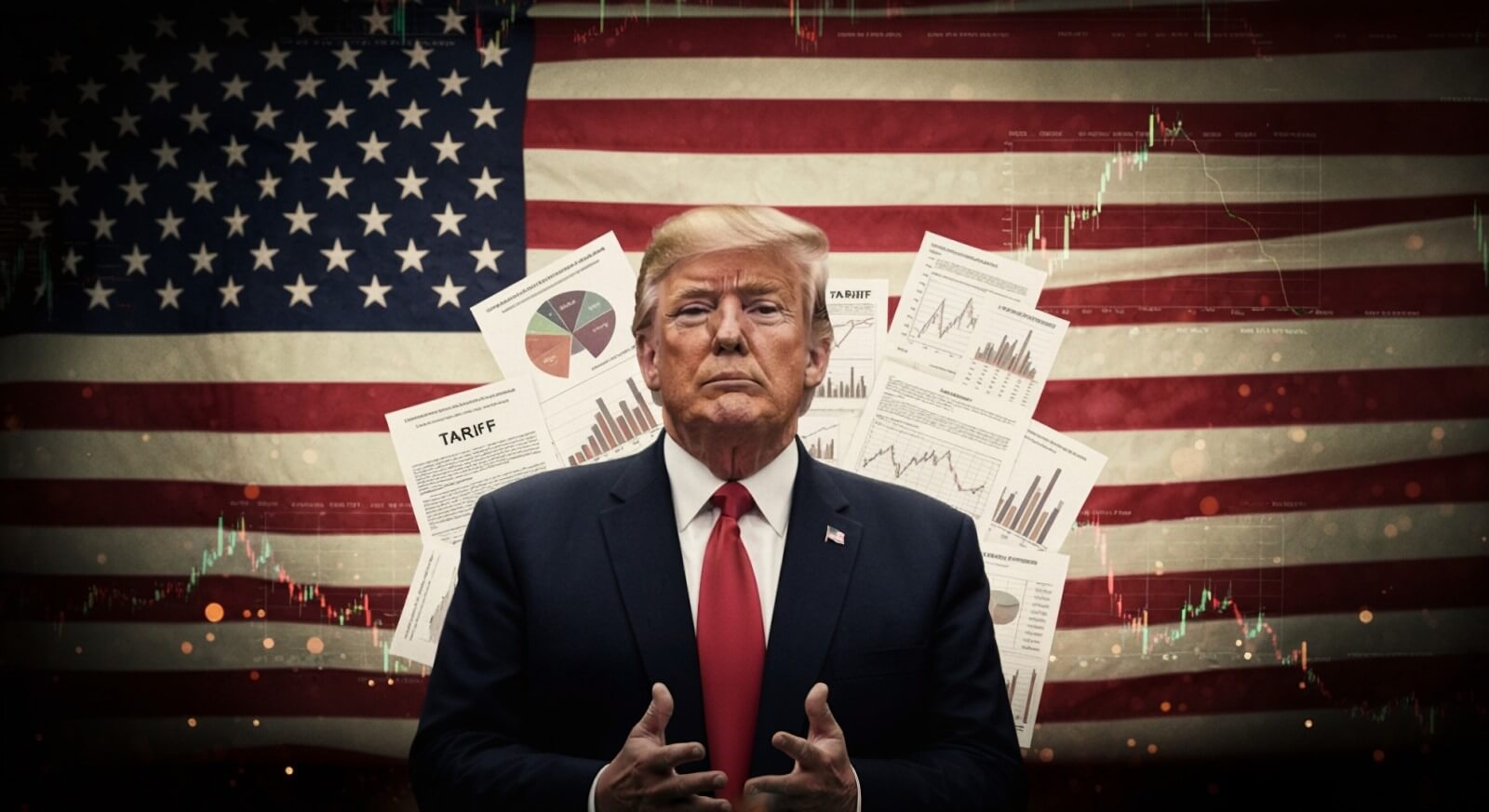Trump Tariffs Suffer Legal Setback
 On August 29th, the Friday heading into Labor Day weekend, the Federal Circuit released its highly anticipated opinion on the validity of President Trump’s International Emergency Economic Powers Act (IEEPA) tariffs. In a 7-4 decision, the court affirmed the Court of International Trade’s May ruling that IEEPA does not authorize the “reciprocal” tariffs (retaliatory tariffs, announced April 2nd) and the trafficking (fentanyl) tariffs. This ruling does not affect the steel, aluminum and copper tariffs enacted by the administration this year. The steel, aluminum and copper tariffs directly impacting NFFS members were enacted under Section 232 of the Trade Expansion Act of 1962 and not the IEEPA. The Department of Justice plans to appeal the Federal Circuit’s decision to the U.S. Supreme Court and are seeking an expedited ruling. The Federal Circuit had paused its decision to give the government time to appeal. In the interim, the tariffs will remain in effect.
On August 29th, the Friday heading into Labor Day weekend, the Federal Circuit released its highly anticipated opinion on the validity of President Trump’s International Emergency Economic Powers Act (IEEPA) tariffs. In a 7-4 decision, the court affirmed the Court of International Trade’s May ruling that IEEPA does not authorize the “reciprocal” tariffs (retaliatory tariffs, announced April 2nd) and the trafficking (fentanyl) tariffs. This ruling does not affect the steel, aluminum and copper tariffs enacted by the administration this year. The steel, aluminum and copper tariffs directly impacting NFFS members were enacted under Section 232 of the Trade Expansion Act of 1962 and not the IEEPA. The Department of Justice plans to appeal the Federal Circuit’s decision to the U.S. Supreme Court and are seeking an expedited ruling. The Federal Circuit had paused its decision to give the government time to appeal. In the interim, the tariffs will remain in effect.
The decision came in the consolidated challenge brought by five small businesses (V.O.S. Selections, et al.) and the state of Oregon. The majority opinion rests on both core separation of powers principles and the plain text of the IEEPA and avoids weighing in on the legitimacy of the supposed national emergency:
- Tariffs are a Tax: The opinion begins by underscoring that the Constitution vests the power to impose taxes such as tariffs exclusively in the legislative branch. IEEPA delineates a number of actions the President can take in response to a declared national emergency, “but none of these actions explicitly include the power to impose tariffs.”
 Conflicts with Tariff Statutes: The text of IEEPA conflicts with the many other statutes that do delegate to the President the power to impose limited tariffs using clear and precise terms. “[I]n each statute delegating tariff power to the President, Congress has provided specific substantive limitations and procedural guidelines to be followed in imposing any such tariffs. It seems unlikely that Congress intended, in enacting IEEPA, to depart from its past practice and grant the President unlimited authority to impose tariffs. The statute neither mentions tariffs (or any of its synonyms) nor has procedural safeguards that contain clear limits on the President’s power to impose tariffs.”
Conflicts with Tariff Statutes: The text of IEEPA conflicts with the many other statutes that do delegate to the President the power to impose limited tariffs using clear and precise terms. “[I]n each statute delegating tariff power to the President, Congress has provided specific substantive limitations and procedural guidelines to be followed in imposing any such tariffs. It seems unlikely that Congress intended, in enacting IEEPA, to depart from its past practice and grant the President unlimited authority to impose tariffs. The statute neither mentions tariffs (or any of its synonyms) nor has procedural safeguards that contain clear limits on the President’s power to impose tariffs.”- Major Questions Doctrine: Using IEEPA to impose tariffs that are “unbounded in scope, amount, and duration” also runs afoul of the major questions doctrine. “The Executive’s use of tariffs qualifies as a decision of vast economic and political significance, so the Government must “point to clear congressional authorization” for its interpretation of IEEPA. . . But there is no clear congressional authorization for "tariffs of [this] magnitude."In a separate concurrence, Judges Cunningham, Lourie, Reyna and Stark would have gone further and held that the IEEPA does not authorize the President to impose any tariffs—not just the unbounded tariffs challenged here. And the dissent by Judges Taranto, Moore, Prose and Chen finds that the tariffs are consistent with the President’s IEEPA authority.
Notably, while the Federal Circuit agrees with the Court of International Trade that the tariffs are invalid, the court vacated the CIT's permanent injunction and remanded the injunction ruling back for the CIT to reconsider in light of the Supreme Court's recent decision in CASA v. Trump limiting universal injunctions. Here, the question is whether the tariffs will be struck down universally or only as to the plaintiffs that brought suit. The U.S. Supreme Court will hear the case before it returns to the Court of International Trade on this issue.
